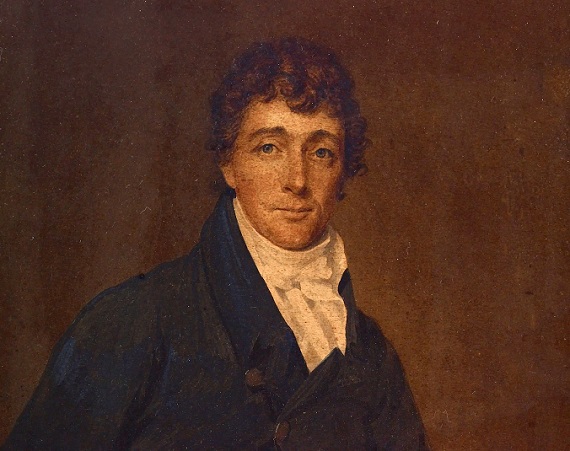
The grandson of Francis Scott Key, Francis Key Howard, the editor of the Baltimore Exchange, was arrested as well as
others who wrote against Lincoln. While he was imprisoned at Fort
McHenry, he wrote the following words. The date was September 13,
1861...... 47 years to the day!
'When I looked out in the morning, I could not help being struck by an odd and not pleasant coincidence. On that day, forty-seven years before, my grandfather, Mr. F. S.Key, the prisoner on a British ship, had witnessed the bombardment of Ft. McHenry. When on the following morning the hospital fleet drew off, defeated, he wrote the song so long popular throughout the country, the Star Spangled Banner. As I stood upon the very scene of that conflict, I could not but contrast my position with his, forty-seven years before. The flag which he had then so proudly hailed, I saw waving at the same place over the victims of as vulgar and brutal a despotism as modern times have witnessed."
When he was finally released on November 27, 1862 he wrote:
"We came out of prison just as we had gone in, holding the same just scorn and detestation [for] the despotism under which the country was prostrate, and with a stronger resolution that ever to oppose it by every means to which, as American freemen, we had the right to resort."
'When I looked out in the morning, I could not help being struck by an odd and not pleasant coincidence. On that day, forty-seven years before, my grandfather, Mr. F. S.Key, the prisoner on a British ship, had witnessed the bombardment of Ft. McHenry. When on the following morning the hospital fleet drew off, defeated, he wrote the song so long popular throughout the country, the Star Spangled Banner. As I stood upon the very scene of that conflict, I could not but contrast my position with his, forty-seven years before. The flag which he had then so proudly hailed, I saw waving at the same place over the victims of as vulgar and brutal a despotism as modern times have witnessed."
When he was finally released on November 27, 1862 he wrote:
"We came out of prison just as we had gone in, holding the same just scorn and detestation [for] the despotism under which the country was prostrate, and with a stronger resolution that ever to oppose it by every means to which, as American freemen, we had the right to resort."
****************************
A series by Clyde Wilson
FRANCIS SCOTT KEY (1779-1843) of Maryland. The story is well known how Key composed “The Star-Spangled Banner” after he witnessed the repulse of the British attack on Fort McHenry in Baltimore harbour in 1814. It casts an interesting light on the official U.S. national anthem when one notes that Key’s grandson, *Frank Key Howard, was one of the first persons seized and imprisoned by Lincoln in his illegal armed occupation of Maryland, and that all of Key’s kinfolks were Southern sympathizers, several serving in the Confederate Army. Like so much other Southern property, the anthem was confiscated for use of the Union in the War. Key’s first selection refers to the Barbary War, in which the hero was Stephen Decatur, a Marylander. Some of Key’s other verse may surprise readers who know only “The Star Spangled Banner.”
Song
More @ The Abbeville Institute

No comments:
Post a Comment